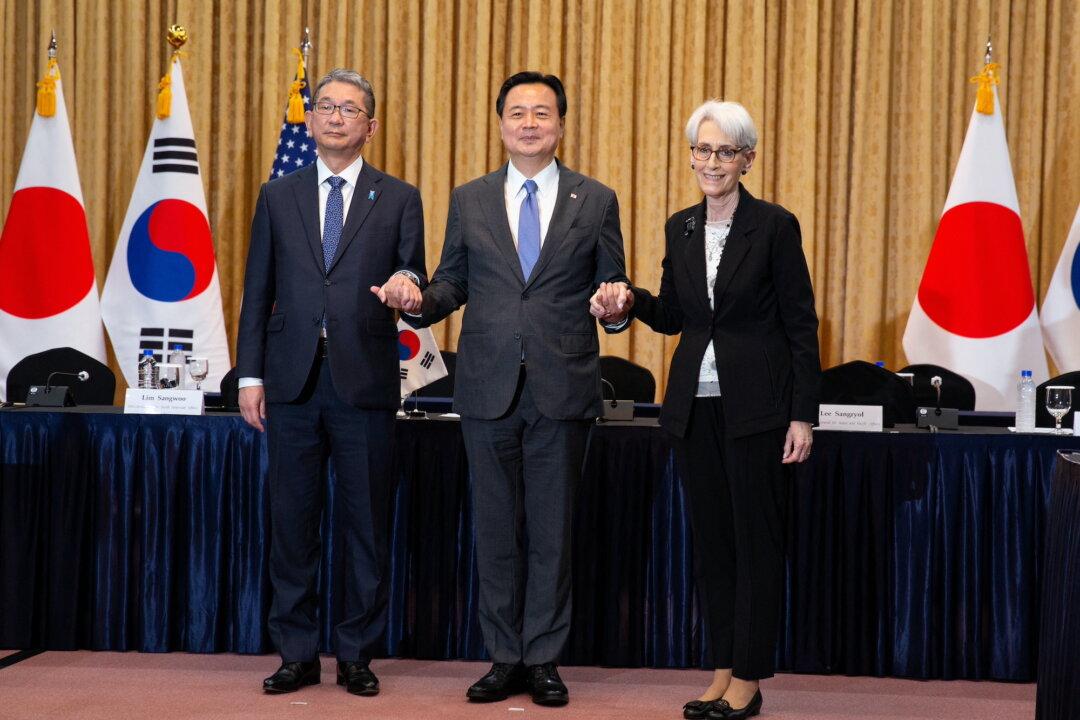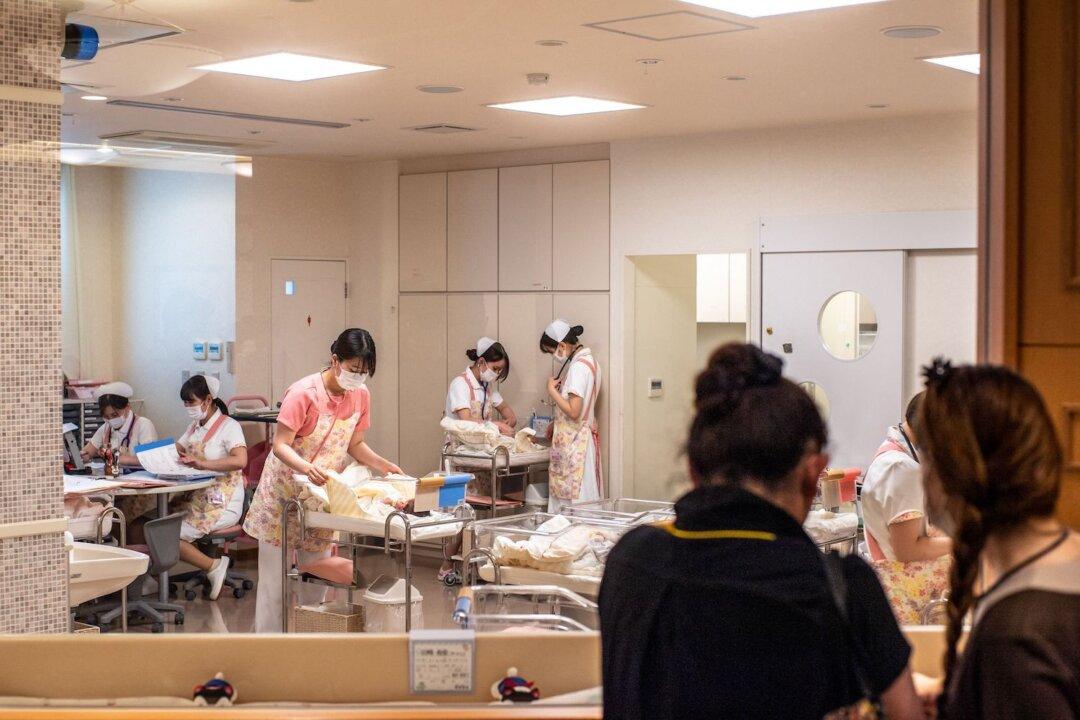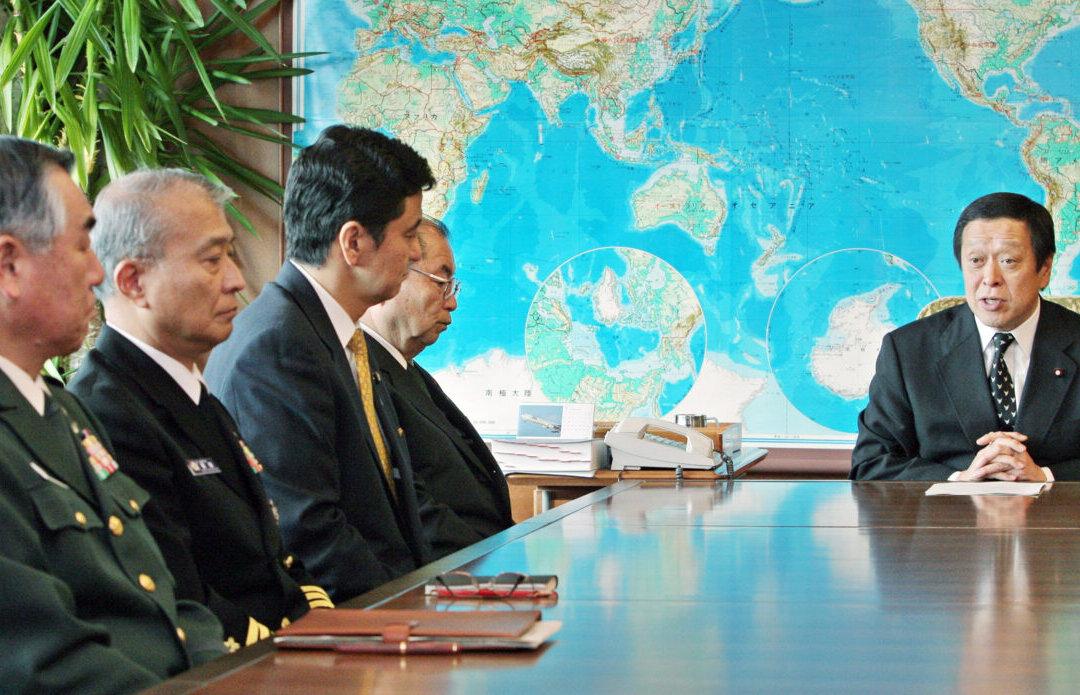On March 6, the South Korean government announced a compensation plan for Korean victims of forced labor by Japanese companies during World War II. The Japanese government welcomed the proposal and invited South Korean President Yoon Suk-yeol to visit Japan in mid-March for a summit meeting with Japanese Prime Minister Fumio Kishida. President Joe Biden also said that this marks a new chapter of collaboration and partnership between two of America’s closest allies in Asia.
The announced plan was for South Korea to use local funds to compensate victims of forced labor instead of pushing Japanese companies to pay compensation. In 2018, the South Korean Supreme Court ruled in favor of compensation by Japanese companies that benefited from forced labor. However, Japan insisted that all compensation issues had already been fully resolved based on international law in accordance with the 1965 treaty between the two countries. The relationship between South Korea and Japan had deteriorated since.




